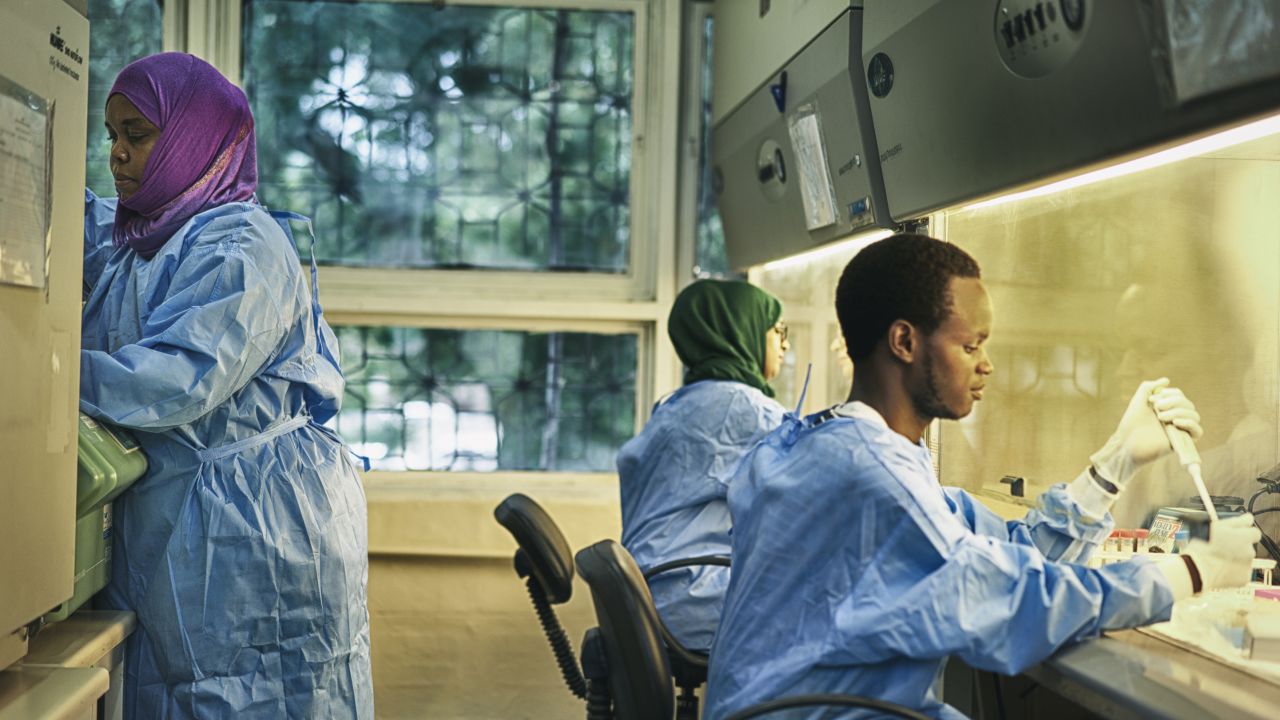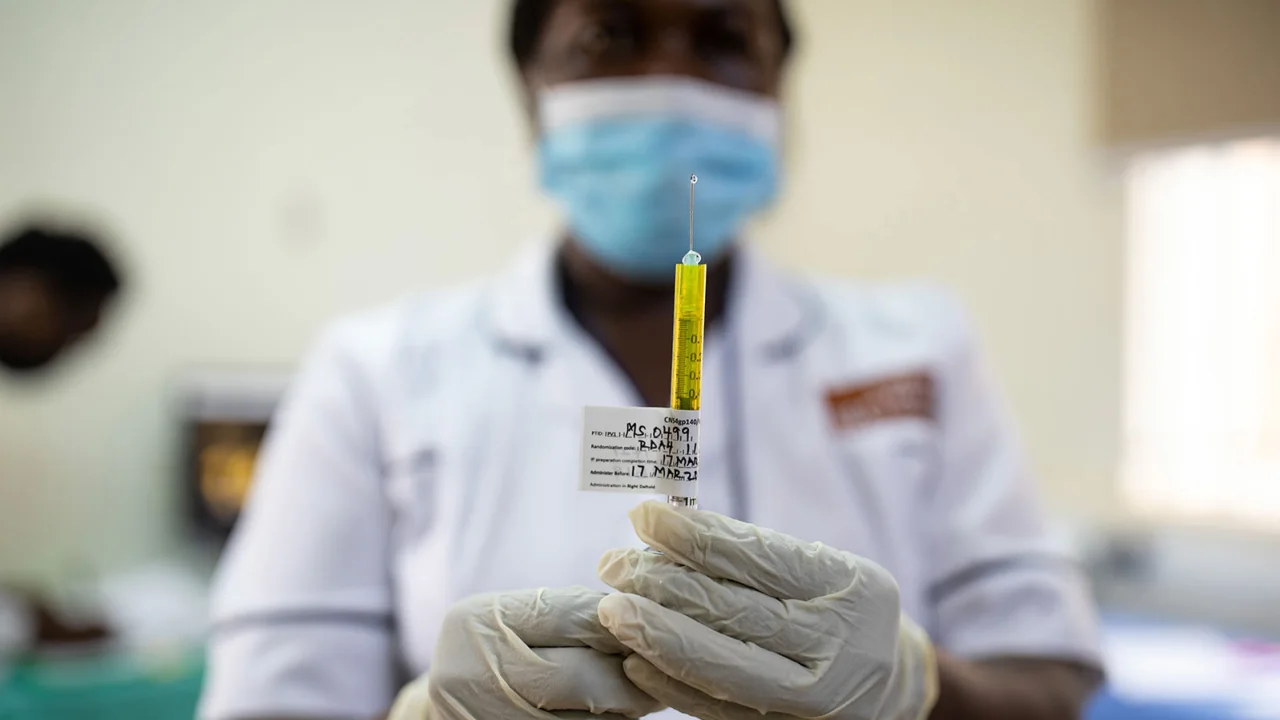
An innovative study, dubbed “the last roll of the dice” for a new generation of HIV vaccinations, is nearing completion.
The PrEPVacc trial is investigating two vaccinations alongside two kinds of pre-exposure prophylaxis (PrEP) to assess vaccine efficacy while providing protection against HIV transmission.
Its triumph, spearheaded by Africans and organised from Entebbe, Uganda, with international help, could usher in a new era of vaccine research. If it fails, immunologists may abandon an entire generation of vaccines.
The medical community still lacks a viable vaccine nearly 40 years after HIV was identified as the cause of AIDS, and 36 years after the first HIV vaccine trial. Despite the fact that antiretroviral treatments are widely established, access varies. According to UNAIDS, 630,000 people will die from AIDS-related illnesses worldwide in 2022, with 39 million people living with HIV, including 1.3 million new infections last year.
PrEPVacc is expected to succeed where prior trials have failed, most recently HVTN 702 (named “Uhambo”), which was suspended in February 2020, HVTN 705 (“Imbokodo”), which was discontinued in 2021, and HVTN 706 (“Mosaico”), which was discontinued in 2023, all of which were shown to be safe but unsuccessful at preventing HIV.
Only one clinical trial, which took place in Thailand and whose findings were published in 2009, was shown to be successful in preventing HIV infection. The efficacy of that vaccination, RV144, was estimated to be around 30% (but the findings are still being contested). PrEPVacc will be regarded a success if one of the two vaccines tested achieves an effectiveness of at least 70%.
The first vaccine mixes synthetic HIV DNA with a protein base, whereas the second combines DNA, MVA (a weakened pox virus), and a protein basis, similar to RV144.
“This is an evolution (of RV144), not a revolution,” said Jonathan Weber, director of the Imperial College Academic Health Science Centre in London and the principal applicant and coordinator of PrEPVacc. “These are both regimens that have never gone into efficacy study before,” he continued, calling the vaccines “the best we feel that medical science can provide at the moment.”
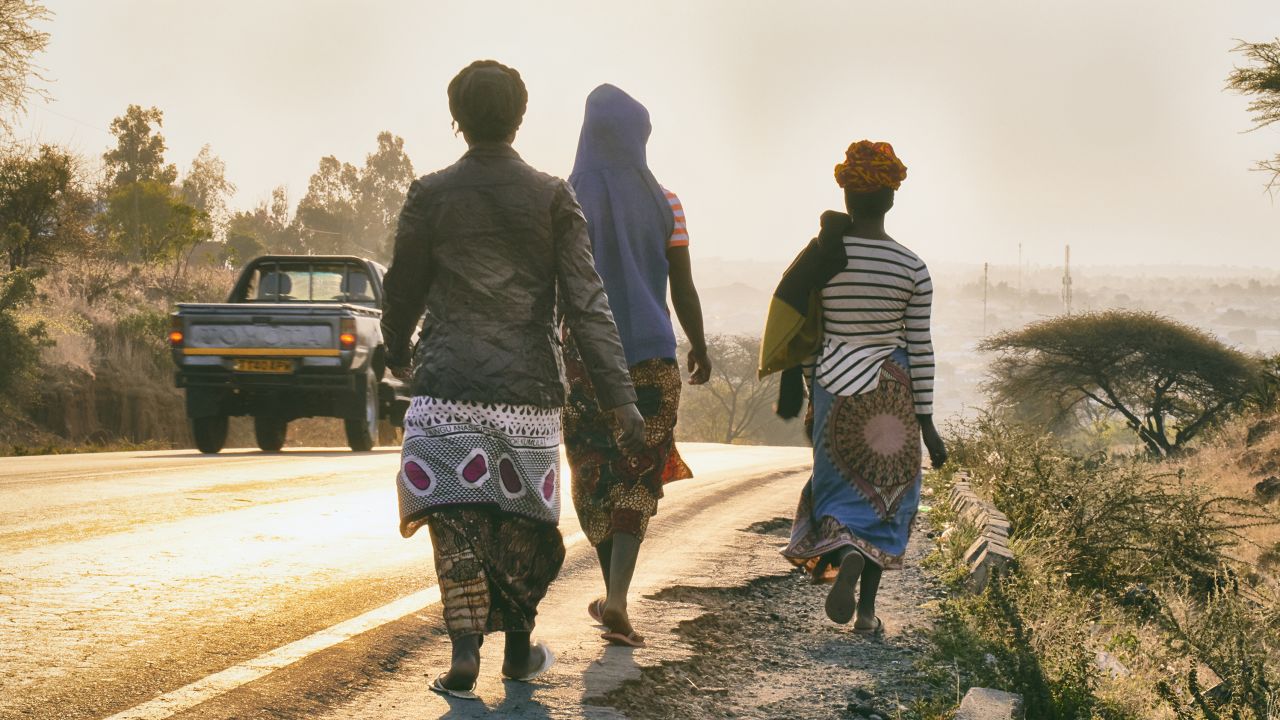
The research trial began enrolling individuals in December 2020 and will conclude with the final 1,513 participants in March 2023. The participants are all between the ages of 18 and 40 and are from South Africa, Uganda, or Tanzania.
According to 2021 predictions, all three nations have high prevalence of HIV/AIDS in adults, ranking in the top 15 in the world. However, according to Eugene Ruzagira, PrEPVacc trial director, this is not always the case.
Ruzagira is a Ugandan who works at the Medical Research Council/Uganda Virus Research Institute in Entebbe and leads a team of researchers in Durban, South Africa, Masaka, Uganda, and Dar es Salam and Mbeya, Tanzania. He explained that these places “had experience doing HIV prevention studies, not just vaccine trials.”
Despite the fact that PrEPVacc was funded by the European Union-sponsored EDCTP, “this genuinely needed to be an African study led by Africans and coordinated in Africa, where the data is analysed in Africa and the laboratory work is done in Africa,” according to Weber.
“It’s about time,” stated Ruzagira. “We’ve had a few decades of preparation.”
Using a vaccination in conjunction with PrEP
Each participant in the randomised trial receives four injections of either vaccine A or B or a saline placebo over a 48-week period, as well as a course of PrEP taken daily until week 26, a fortnight after the third injection – the logic being that the immune response will peak around that time, according to Ruzagira.
According to the Centres for Disease Control and Prevention, using PrEP as prescribed reduces the risk of contracting HIV from sex by around 99% and by at least 74% among persons who inject drugs. The PrEPVacc experiment is distributing two types of PrEP medications, Truvada and Descovy, to see if the newer Descovy has the same or superior efficacy among the trial group. (Descovy presently controls the FDA approval for use by men but not women.) Evaluating the combination of a trial HIV vaccine and PrEP is a first, say organizers.
In Masaka, Uganda, the first trial participant was Luwano Geofrey. “I felt this was a big project that needed our support as a community,” he told CNN in a Luganda-language interview conducted by a PrEPVacc community engagement officer.
“One of the things I liked best was that participants would receive routine HIV counselling and testing, as well as free condoms, PrEP, and support and care,” he said. “I live and work in a fishing village.” We frequently lack these services.”
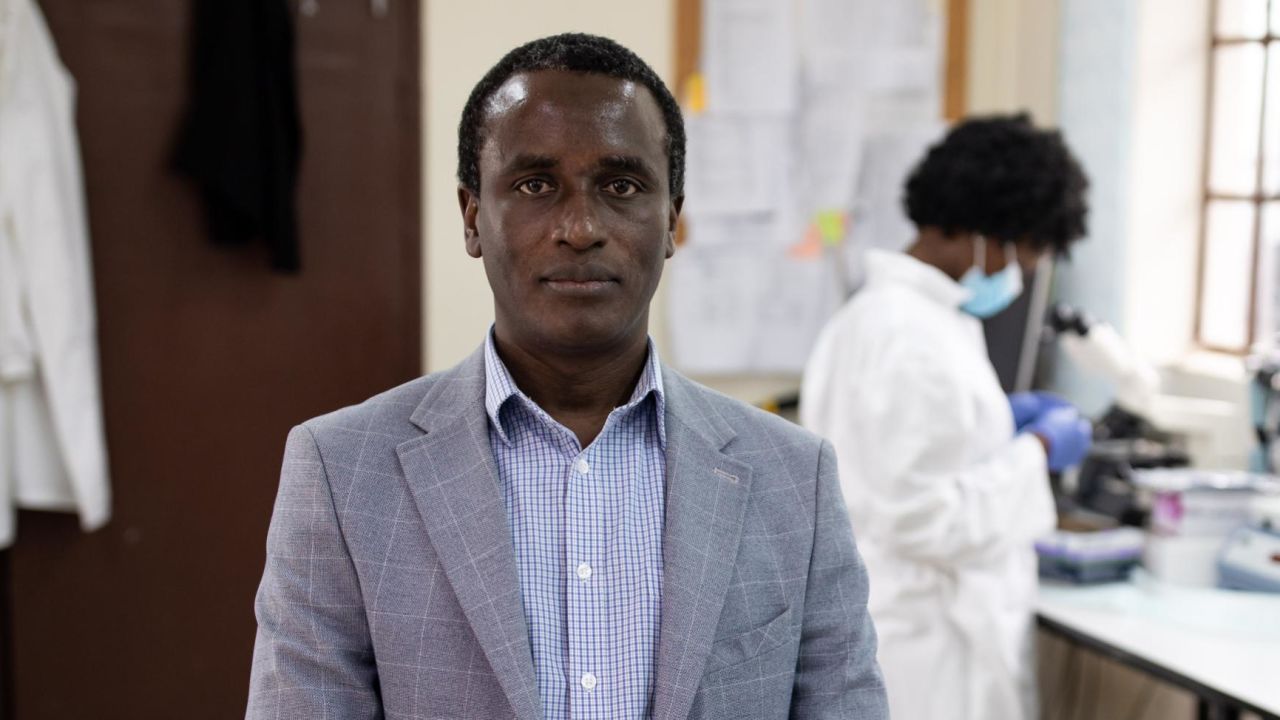
PrEP has not been widely used in Africa, according to Weber, who describes “massive issues about access and uptake (and) acceptance of PrEP as a reasonable intervention.”
Social stigma can make issues worse. According to Ruzagira, PrEP is still administered by HIV clinics in Uganda, and being seen entering a well-known HIV clinic can deter people from seeking the medicine.
“What we always hoped was that once people started PrEP, they would see that it was easy, tolerable, and acceptable, and they would continue using it as long as they were at risk,” Weber said.
After 26 weeks, trial participants are given the option to obtain PrEP from public health facilities, but organisers report that not everyone is transitioning to long-term use.
Geofrey stated that his PrEP use was not always regular over the 26-week period, and that following, he attempted to obtain the drug from a local clinic, but “more often than not (it) ran out of stock.”
Such problems are not exclusive to Uganda. “I would say that PrEP uptake is not what we would like it to be,” Nishanta Singh, principal investigator at the Verulam clinical research site in Durban, South Africa, said.
“But it’s something that the community and the general population is starting to learn about,” she continued. “As the trial progresses, we are seeing an increase in PrEP uptake.” Obviously, it isn’t perfect, but it is a work in progress.”
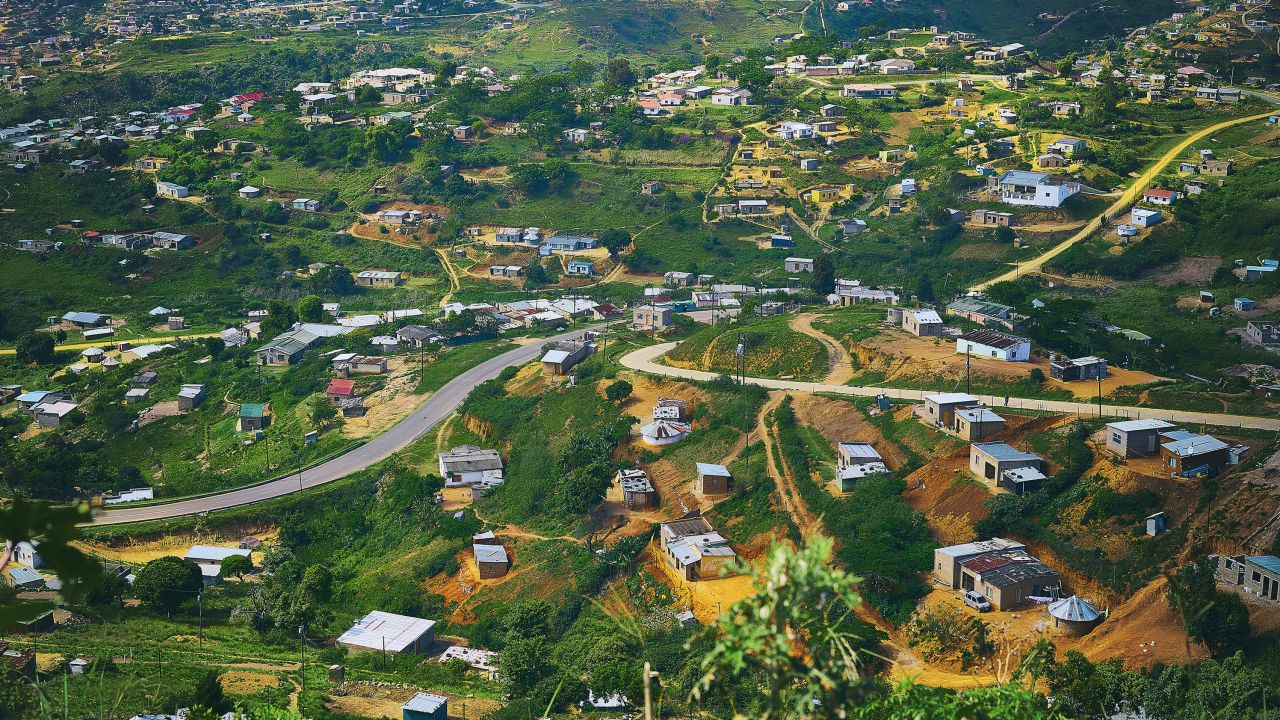
The likelihood of a successful vaccine
More than half of the volunteers in Verulam have already gotten all four injections. Participants are assessed and counselled every four to eight weeks, like in the other research sites, and will be tracked until October 2024.
The data is kept hidden from the trial team while it is processed by an Independent Data Monitoring Committee. The trial’s findings are expected to be released in the fourth quarter of 2024.
No news can be good news in the case of vaccine studies. Monitoring committees can suspend trials if early data show a lack of efficacy (as was the case with HVTN 702), although this has not yet happened with PrEPVacc.
“This is a good sign,” said Sharon Lewin, a professor of medicine at The University of Melbourne. “However, it is possible that there were very few infection events in this trial, given that PrEP use was also encouraged in all participants.”
Lewin, who is also the president of the International AIDS Society, is not involved in the PrEPVacc experiment and expressed concern about the vaccinations’ potential efficacy.
“Based on what we know from prior studies, I would predict that the DNA, MVA, and protein vaccines will not provide much protection from HIV infection,” she said, though she praised the inclusion of PrEP in the Africa-led study, noting that “it’s also fantastic to see the first Phase 3 vaccine trial funded from outside the US.”
